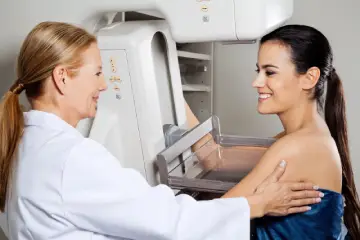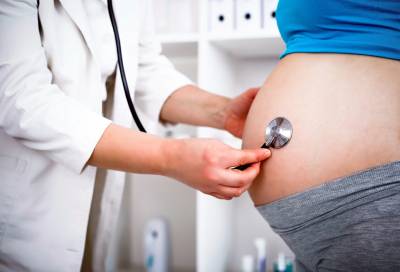Incontinence
Incontinence Q & A
What is urinary incontinence?
Urinary incontinence describes involuntary urine leakage or loss of bladder control. Although not dangerous, urinary incontinence is a common and often embarrassing problem. Different types of incontinence can affect women, such as:
Stress incontinence
This type occurs when urine leaks during certain activities that exert pressure on your bladder. Common triggers for stress incontinence include coughing, sneezing, laughing, or exercising.
Urge incontinence
As the name suggests, urge incontinence involves a sudden, intense need to urinate that leads to involuntary urine loss. This type may make you feel the need to urinate more often, including overnight.
Mixed incontinence happens when you experience both types of urinary incontinence at the same time. Many women with urinary incontinence have the mixed type.
Who gets urinary incontinence?
Urinary incontinence can happen to anyone, but this condition is twice as likely to affect women as men. Though women of any age can experience incontinence, it’s more common among older women. More than 4 of 10 women age 65 and above have urinary incontinence.
What causes urinary incontinence?
Most people experience temporary loss of bladder control at some point in their lives. However, frequent or persistent urinary incontinence may be a sign of an underlying medical condition or physical problem.
Many women experience urinary incontinence during reproductive events unique to females, such as pregnancy, childbirth, and menopause.
Factors that may increase your risk of urinary incontinence include:
- Smoking tobacco
- Being overweight
- Family history of urinary incontinence
- Pelvic surgery such as hysterectomy
- Conditions such as diabetes or multiple sclerosis
The best way to discover the underlying cause of your urinary incontinence is to schedule an appointment with your caring provider at The Women’s Center.
The best way to discover the underlying cause of your urinary incontinence is to schedule an appointment with your caring provider at The Women’s Center.
What methods are used to identify and manage urinary incontinence?
Your provider at The Women’s Center will begin by reviewing your medical history and conducting both a physical and pelvic examination. They may ask questions about how and when you experience urine leakage. To diagnose the cause of your incontinence, they may take additional tests, such as a urine test or ultrasound.
Next, they collaborate with you to create a customized treatment plan. Depending on your condition, treatment for urinary incontinence may include:
- Lifestyle changes such as scheduled toilet trips
- Exercises to strengthen pelvic floor muscles
- Medications to treat urinary incontinence
In some cases, surgery may be necessary to treat problems that cause urinary incontinence.
You don’t need to suffer from incontinence. Call The Women’s Center or schedule your visit through our online booking system to find an effective treatment that works for you.
We Provide You With The Best Services

Mammogram
Learn
More
Routine mammograms are the best way to find breast cancer early when it’s most treatable. The expert OB/GYN team at...




